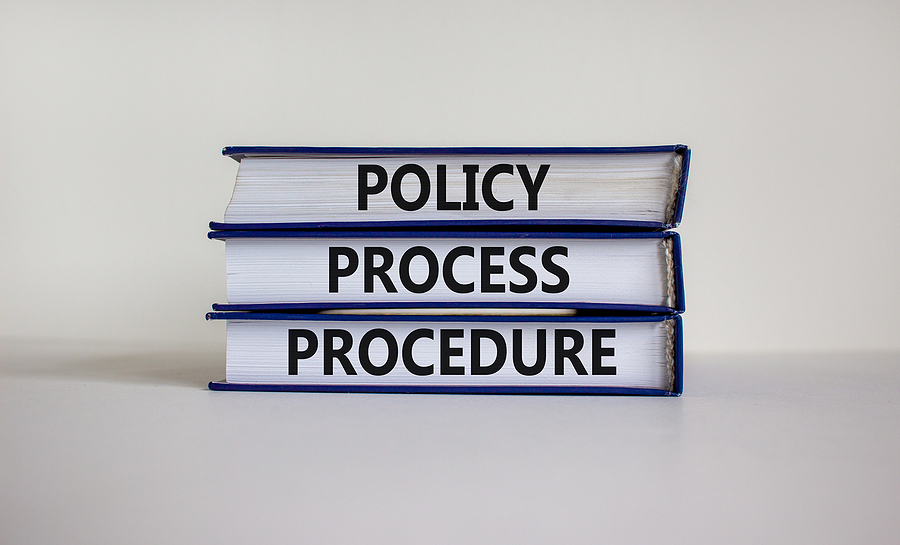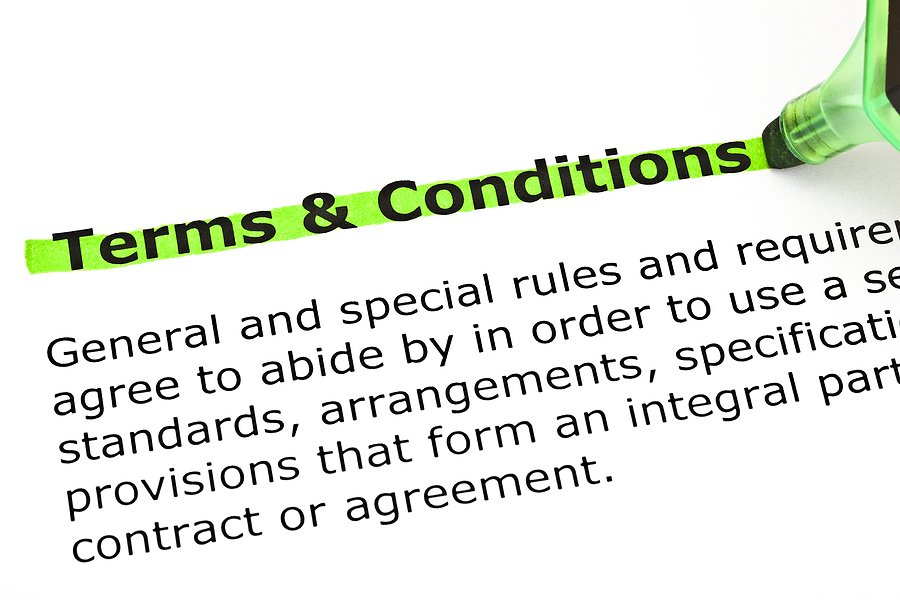Facing legal challenges can be stressful, and for individuals out on bail in Indiana, knowing what to expect and how to comply with court requirements is essential. Bail allows defendants to remain free as they await their hearings, but this freedom comes with responsibilities. This blog will guide you through Indiana’s bail system, court requirements for defendants, and how to stay in compliance to avoid additional legal trouble.
What You’ll Learn
- How bail works in Indiana
- Key court requirements for defendants out on bail
- Consequences of failing to meet bail conditions
- Expert tips on staying compliant with court orders
Whether you’re navigating the system yourself or supporting a loved one, this guide will help ensure you stay on the right path.

Understanding the Bail Bond System in Indiana
Bail serves as a financial guarantee ensuring that defendants will show up for their court dates. Without bail, many defendants would remain in custody while awaiting trial, which can take weeks or months.
Types of Bail in Indiana
There are two primary forms of bail used in Indiana:
- Cash Bail – Defendants or their families pay the full bail amount directly to the court. This money is returned upon successful completion of all court appearances and requirements, minus applicable court fees.
- Surety Bail – A private bail bond agent can post bail on behalf of the defendant. Typically, the defendant pays a non-refundable fee (usually between 10% and 15% of the total bail amount) to the agent. This option is more common when the bail amount is high and unaffordable upfront.
Factors Determining Bail Amount
Judges in Indiana consider several factors when setting bail, including:
- Nature of the Offense: Serious crimes generally result in higher bail amounts.
- Criminal Record: Defendants with a history of legal troubles may face stricter bail conditions.
- Flight Risk: If the court believes a defendant might not return for their hearing, the bail amount may be increased or denied altogether.
- Public Safety Risk: For defendants deemed a danger to the community, bail may be denied.
Indiana Court Requirements for Defendants
Being granted bail is not the end of your responsibilities—it’s just the beginning. Once released, defendants must comply with specific conditions set by the court. Failing to do so can lead to severe consequences.
1. Appear at All Scheduled Court Dates
This is the most critical requirement for anyone out on bail. Missing even one court date without prior approval can lead to serious legal consequences, such as the issuance of an arrest warrant.
2. Travel Restrictions
Defendants are often required to remain within a specific jurisdiction, such as their county or state. Traveling outside this area without prior court approval is a violation of bail terms.
3. Avoid Additional Legal Trouble
While out on bail, defendants must steer clear of further legal infractions. Being arrested for a new offense can lead to a revocation of bail and additional charges.
4. Comply with Specific Conditions
Depending on each case, the court may impose extra requirements, such as:
- Attending rehabilitation programs
- Avoiding contact with certain individuals
- Submitting to random drug or alcohol tests
Understanding these requirements is vital to prevent complications with the court system.
Consequences of Failing to Meet Bail Requirements
Defendants who fail to meet bail conditions may face serious consequences. These repercussions can complicate your legal situation and negatively impact the outcome of your case.
Potential Consequences
- Arrest Warrants – Failing to appear in court or violating a bail condition will likely result in a bench warrant. This means law enforcement can arrest you at any time.
- Bail Bond Forfeiture – If you used a cash bail, you could lose the amount you or your family posted. For those who worked with a bail bondsman, you could be responsible for repaying the full bail amount to the bond agent.
- Higher Bail Costs – If you are re-arrested after a violation, the court may impose a higher bail amount for your release—or deny bail altogether.
- Additional Charges – Missing court dates or violating conditions could result in contempt of court charges, which carry fines, imprisonment, or both.
Tips for Complying with Indiana Bail Requirements
Meeting all court requirements while out on bail doesn’t have to be overwhelming. By taking proactive steps, you can avoid unnecessary complications and remain in good standing with the court.
Stay in Touch with Your Attorney
Your attorney is your best resource for understanding the legal process and ensuring you’re on track. Keep their contact information handy and communicate regularly about any concerns or questions.
Update Contact Information with the Court
Always ensure the court has your current phone number and address. This helps ensure you receive notifications about court dates, requirements, or changes to your case.
Attend All Court Dates
Mark court dates on your calendar and set reminders. If an emergency arises that prevents you from attending, notify your attorney immediately so they can request a rescheduling.
Adhere to Travel Restrictions
If you need to travel for a legitimate reason (e.g., family emergency), discuss the matter with your attorney and seek prior court approval.
Avoid Risky Situations
During this period, avoid situations that could jeopardize your compliance with court requirements. Stay away from substances, activities, or individuals that may lead to trouble.
Keep Important Documents Safe
Maintain copies of your bail agreement, court notices, and any correspondence with your attorney. Being organized ensures you’re prepared if issues arise.
In Summary
Understanding Indiana’s bail requirements and staying compliant is key to resolving your case successfully. Failing to meet obligations can lead to unnecessary legal setbacks, but taking the time to follow court mandates can show responsibility and cooperation. If you’re unsure about your specific bail conditions or need legal guidance, consult an experienced professional (e.g. attorney or bail agent) who can help clarify your rights.
Are you looking for more information on Indiana bail bonds? We can help. Contact Woods Bail Bonds at 317-876-9600 for 24 hour bail bond services in Indianapolis, Indiana you can trust. We also offer prearranged bail bond service for arrest warrants and probation violations.
Related Posts:
Can I Go on Vacation While Out on Bond in Indiana?
How Long Will I Be Out on Bail?
Common Misconceptions About Getting Out on Bail






